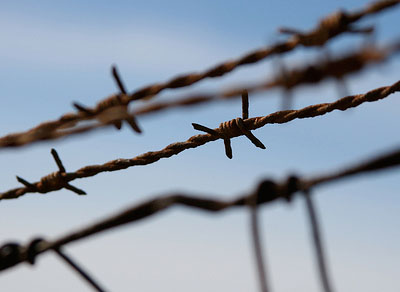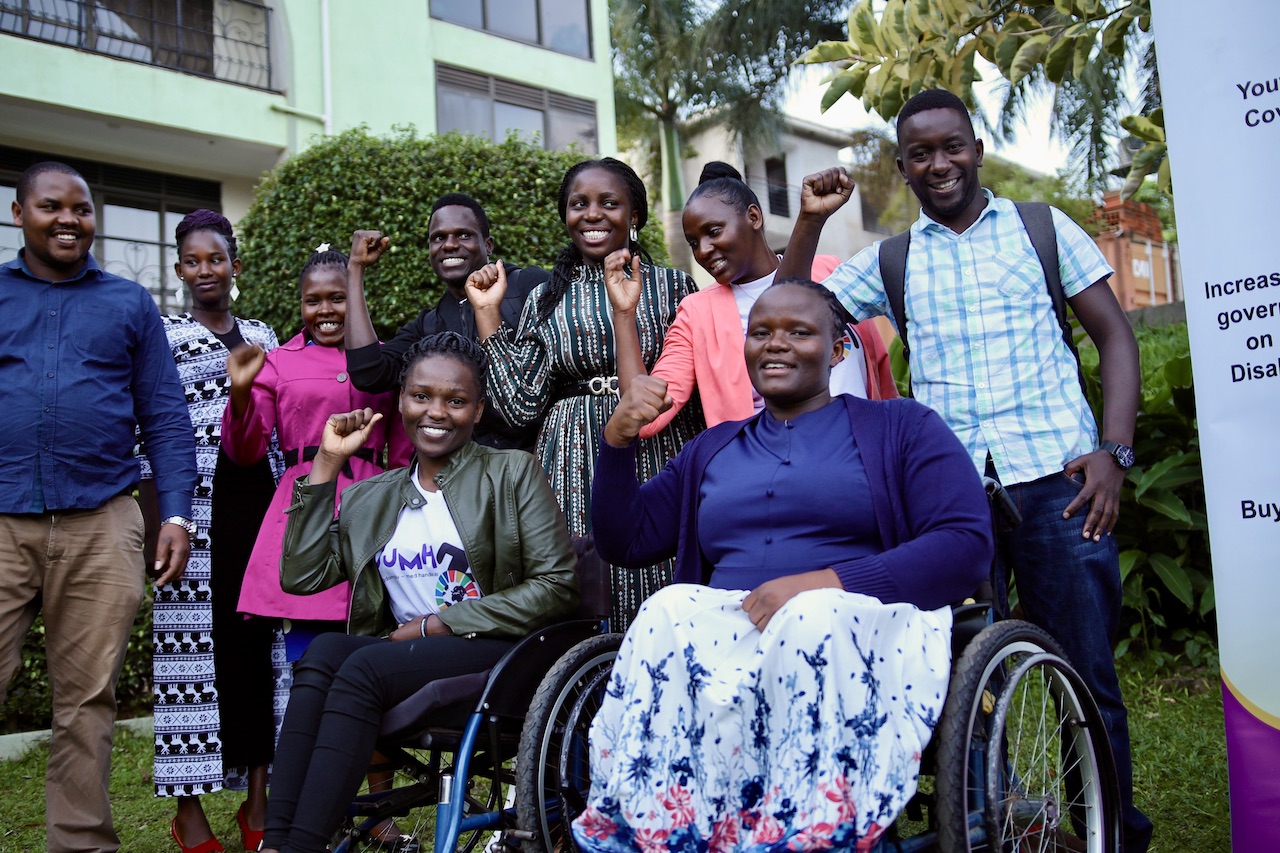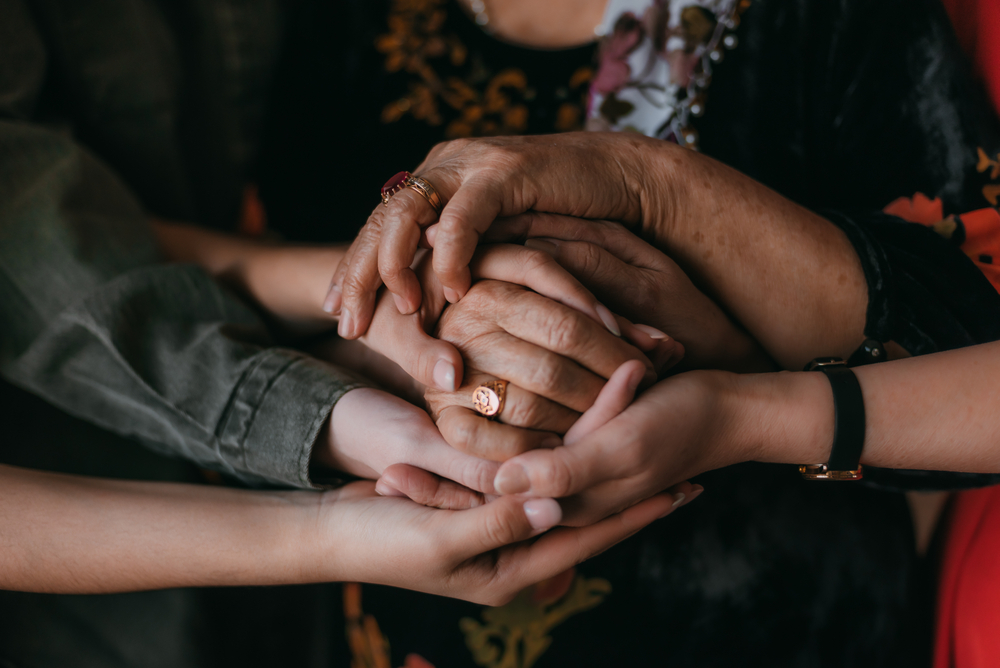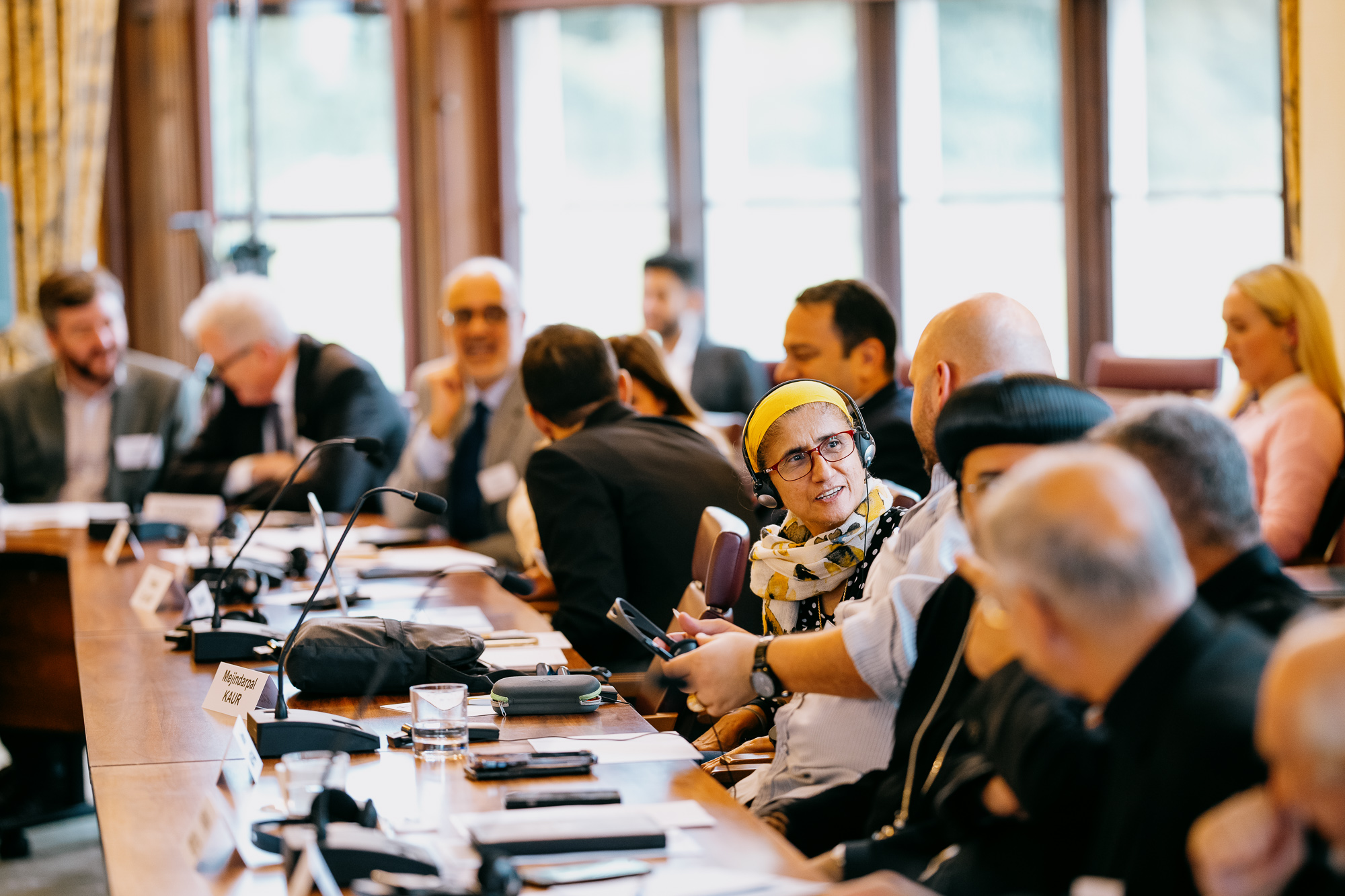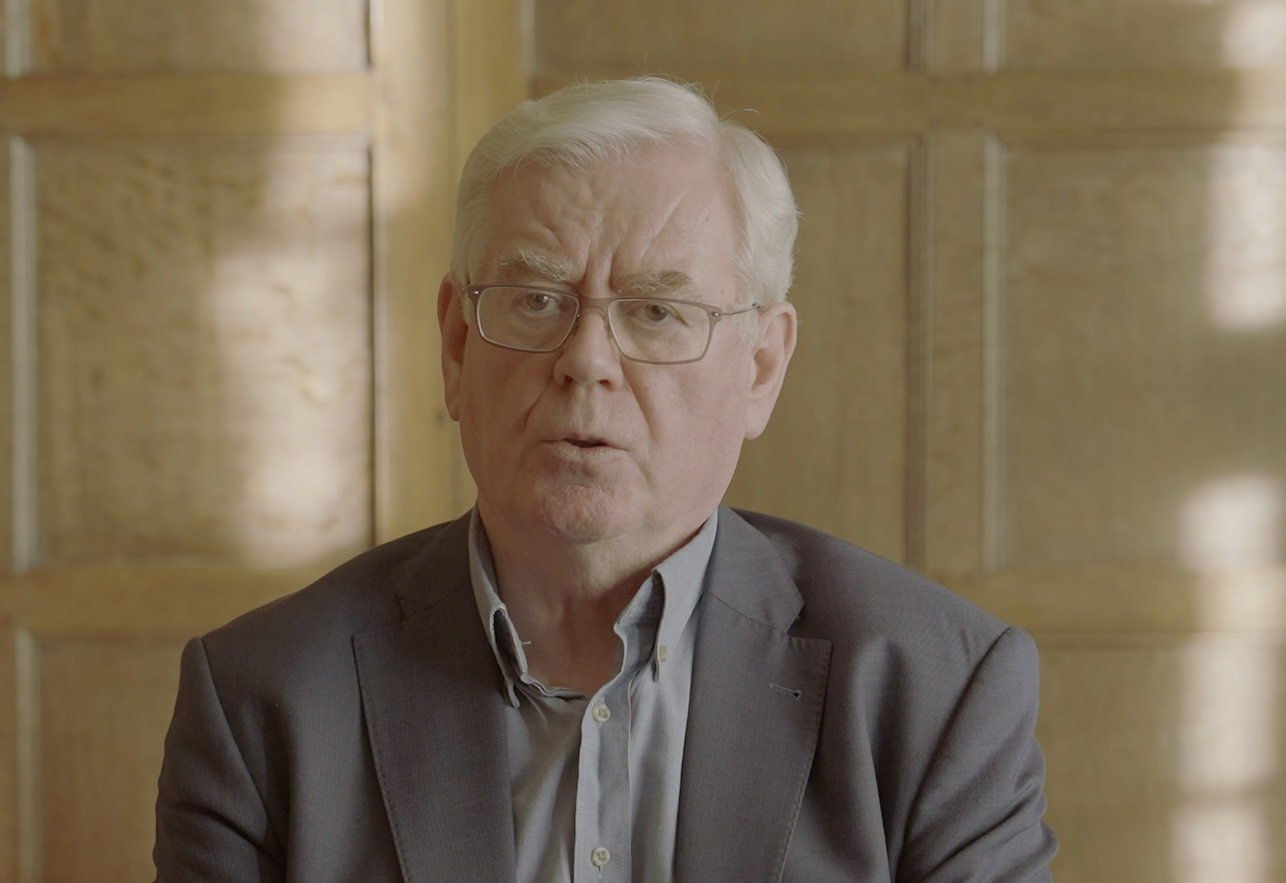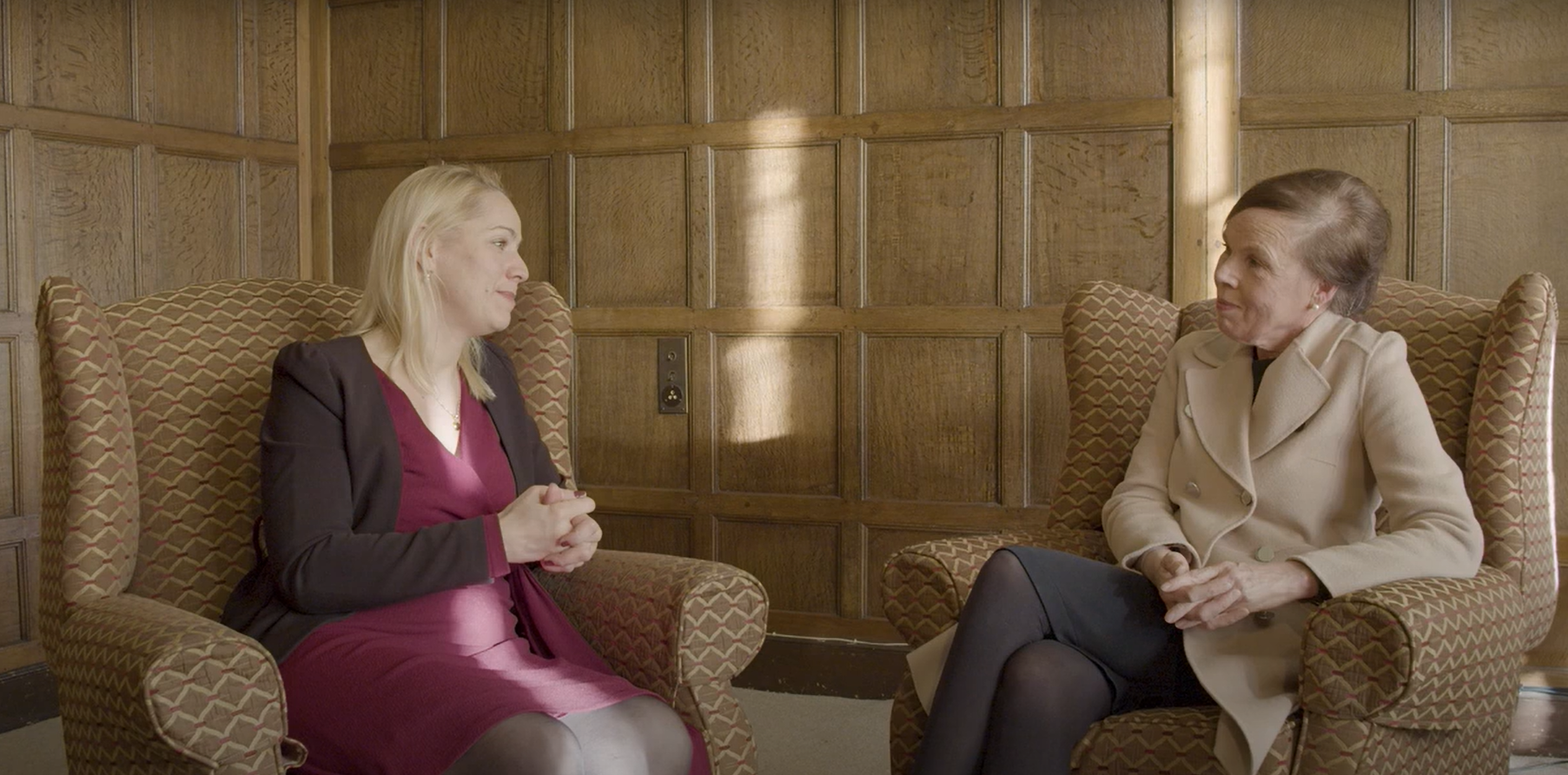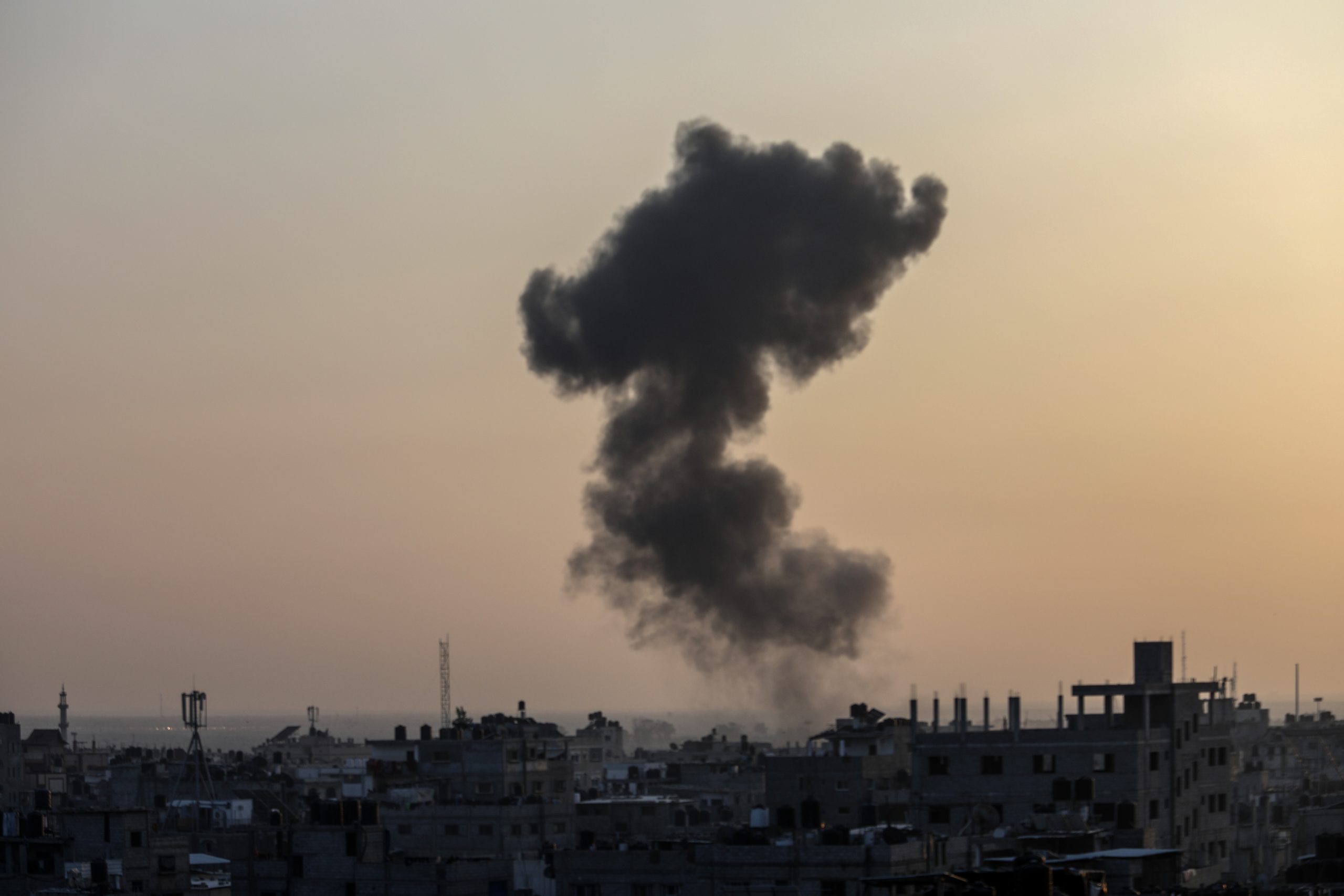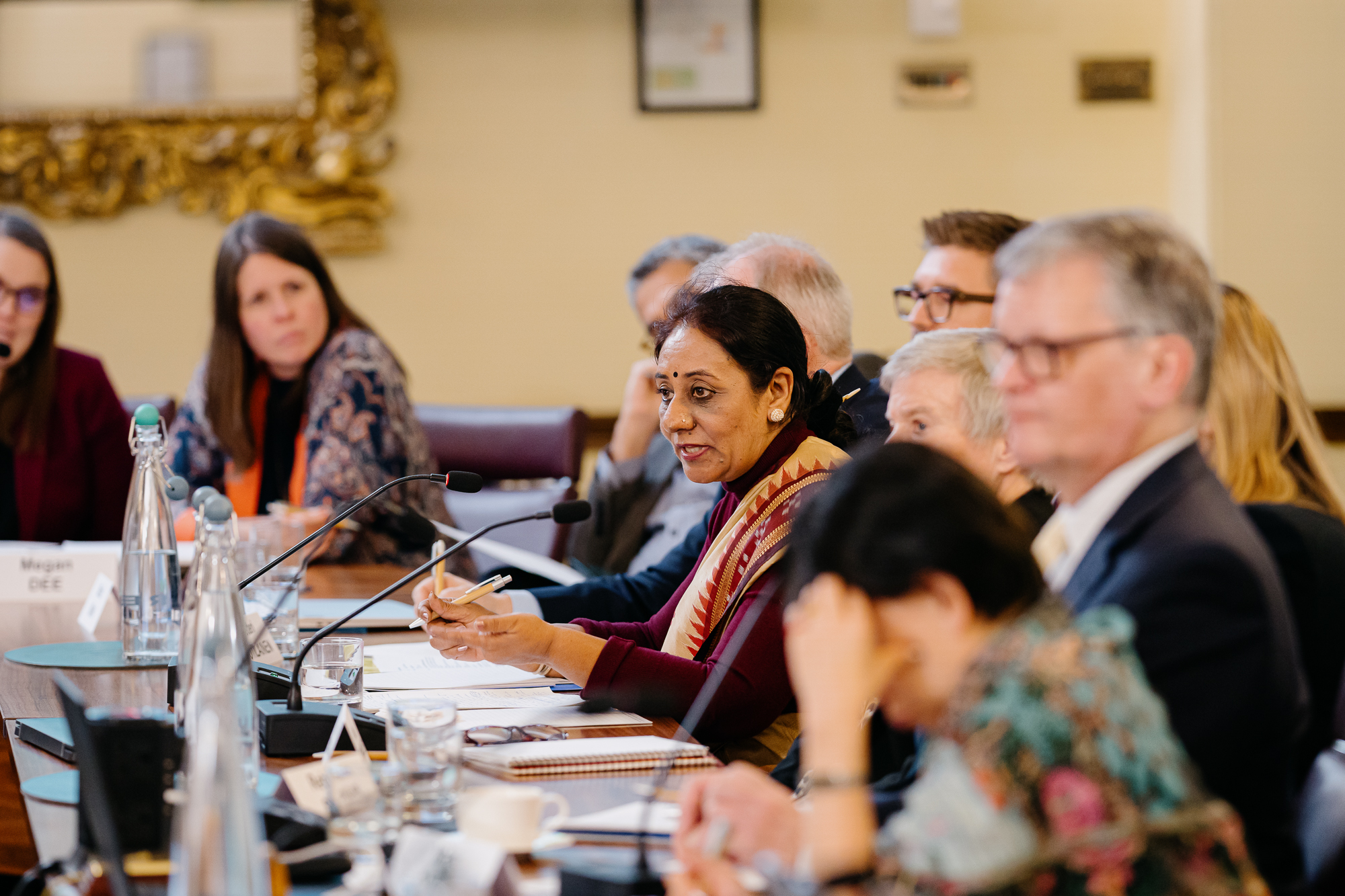In partnership with the Human Rights Implementation Centre, Law School, University of Bristol
With support from the Human Rights Initiative, Open Society Foundations, Budapest, Netherlands Ministry of Foreign Affairs, The Hague and the Foreign and Commonwealth Office, London
There is an absolute prohibition on torture in international law; this is contained in various treaties and is also a peremptory rule of customary international law (jus cogens) binding on all states. At the global level, the Convention against Torture and Cruel, Inhuman and Degrading Treatment or Punishment (UNCAT) and its Optional Protocol (OPCAT) provide for regular visits to places of detention by an expert international committee and the establishment of National Preventive Mechanisms. Torture is also addressed by other general UN human rights treaties, and provisions of international humanitarian and criminal law. Despite this extensive web of international commitments, torture is still practiced throughout the world. While the framework of domestic and international law, and the monitoring of it, remains key to combating torture, to end torture there also needs to be some fresh thinking on how to have impact on the ground. Attention needs to focus on identifying additional strategies, drawing on recent and ongoing studies assessing evidence on impact.
This two day meeting explored the impact of UNCAT and OPCAT, as the most developed global mechanisms to prevent torture, together with the European Convention for the Prevention of Torture, the longest established regional mechanism. It brought together policy makers, parliamentarians, experts from international and regional human rights bodies, and civil society groups active at the national and local level in combating torture and assisting its victims.
Key points from the meeting:
- There is in place an elaborate framework of legal standards and associated mechanisms in relation to the prohibition and prevention of torture and cruel, inhuman and degrading treatment.
- Tackling impunity has proven to be one of the greatest challenges but remains essential to address, in particular the need for fully empowered independent investigatory bodies coupled with effective sanction in terms of prosecution and prison sentences.
- There has been an increased focus on prevention and the opening of places of detention to expert scrutiny, which has developed into a more holistic approach centred on access to justice for detainees, thus enabling greater cross-sectoral understanding and analysis of the root causes of torture and ill-treatment.
- Given the multiplicity of international and national bodies in combating torture, there are increasingly different standards at different levels. There is a need to be alert to the problems that can arise if they all say slightly different things: this creates confusion and a lack of clarity that risks letting the state avoid its obligations.
- There is an evident lack of co-ordination between the various mechanisms that exist, a lack of focus on national contexts and an apparent lack co-ordination between the international framework and domestic regimes in particular.
There is also a problem of laxity and a lack of precision around terminology; using imprecise terminology without consideration of what it means in a national context fosters impunity by creating a lack of clarity that allows states to evade their responsibilities. - Political context is an important factor; in relation to torture in particular, political will can be one of the biggest elements in compliance and yet it is largely, almost conveniently, ignored. It is nonsensical to talk about strategies for prevention without engaging with the political realities in a given situation.
- The efforts of donors are important, both bilateral and multilateral, particularly those which are focussed on structural and institutional reform centred on improving access to justice or building the rule of law more generally which are essential components in preventing torture.
- Those who work in the intergovernmental human rights system, as well as on treaty monitoring bodies, rely heavily on information from and engagement by civil society organisations. Civil society in turn faces numerous challenges related to knowledge, capacity, relevance to domestic efforts and responsiveness, risk to personal safety and professional or organisational survival, and lack of resources.
- Public attitudes are recognised as hugely influential in affecting or preventing societal change. These are influenced in several ways with the media playing a hugely important role. Programming that perpetuates in the public mind the perception of torture as necessary in extracting the information needed to keep society safe is particularly problematic. If public attitudes are a key factor in affecting change then a challenge is to make torture something that people care about.
- There are a range of ideas for complementary initiatives or strategies that would not abandon current approaches but could buttress what exists already to enable the current system to work more effectively.
- There is a need to put human faces and voices front and centre of the debate in order to build public awareness and influence public attitudes on the realities of torture, and cruel, inhuman and degrading treatment.
- The debate on torture necessarily is focussed on the legal standards and mechanisms. But not everyone is a lawyer or human rights expert, and thus engaging solely in legal and technical terms can be off-putting and exclusionary. While remaining strictly true to basic standards, there is a pressing need to make the debate more accessible to those not immersed in legal norms and standards. There is also a need to engage persons outside the range of ‘usual suspects’.
- The international standards on torture and cruel inhuman and degrading treatment are by their very nature and necessity written to cover all situations. Yet every situation is unique and thus different strategies are going to be required for different countries. While maintaining consistency in relation to the standards, better ways to engage with domestic realities have to be found.
- There are many crucial actors in this field spanning the international, regional and national contexts: each have an important role to play but there needs to be increased co-ordination and synergy between them. Sharing of information between bodies is also important and a compilation of such good practices would be a useful tool.
- A need has been identified for a new strategic direction that focuses on the inhumanity of torture and incorporates more of a human aspect into the debate. Alongside this, more attention is needed on supporting and complementing current standards, mechanisms and strategies.
Further information
Pretrial Detention and Torture: Why Pretrial Detainees Face the Greatest Risk – a joint report of the Open Societies Foundation, Ludwig Boltzmann Institute and University of Bristol Human Rights Implementation Centre
Social media
Social media engagement is encouraged for this event. Comments might include a summary of what is being said (non-attributable), the direction of the discussion or general impressions of the conference.
For Twitter users, please include @WiltonPark when tweeting and we will retweet your message.
Partners on Twitter: @OpenSociety @foreignoffice @DutchMFA @BristolUni
Suggested hashtags: #torture
